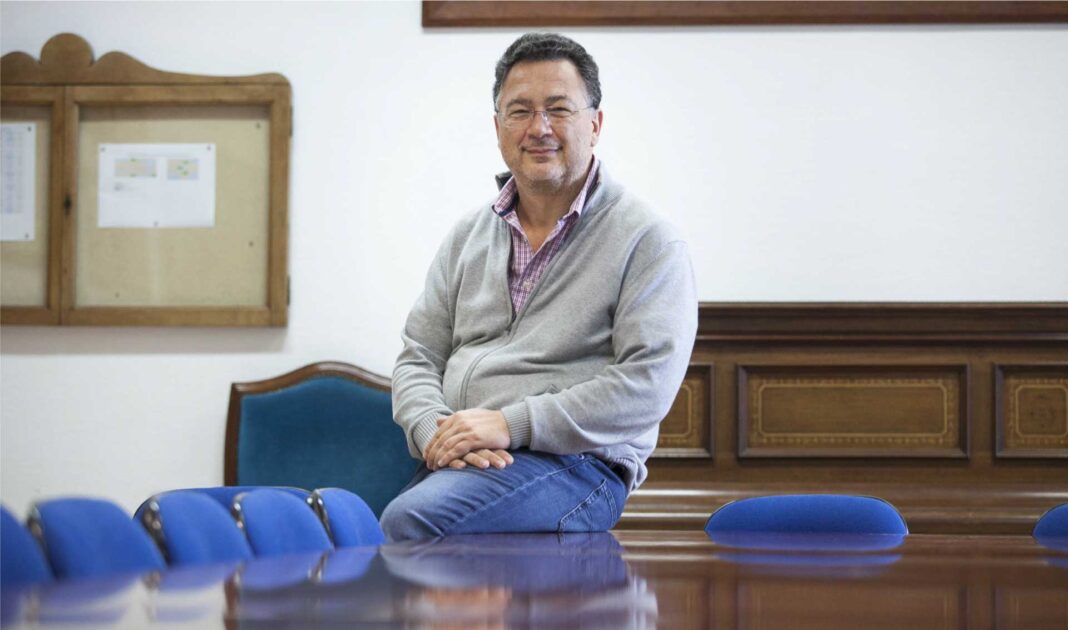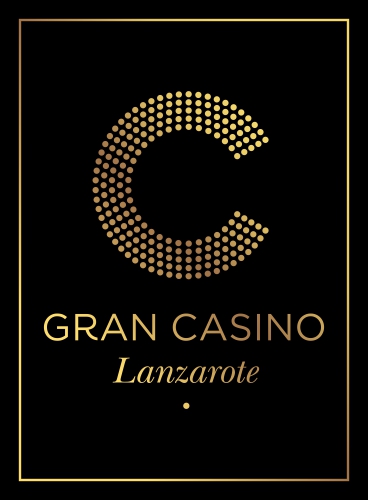‘Happiness is something we learn: facing challenges and managing emotions’
Associate Professor of Developmental and Educational Psychology at the University of La Laguna (Tenerife), Antonio Rodríguez coordinates the EMOCREA-ULL research group and was an academic advisor in the design of the subject Emotional and Creative Education (Emocrea)
The Canary Islands were pioneers in introducing a subject aimed at fostering emotional intelligence in schools. Emocrea celebrated its 10th anniversary last year. Are you satisfied with how it has developed?
The very fact that it was implemented, developed, and sustained is already a success. From the LOE onwards, up to the sixth year of Primary under the new curriculum, it represents a genuine educational achievement. Political commitment has also been crucial in launching and maintaining it.
That said, it is imperative that a robust, systematic review be carried out, but this has yet to be done. In the early days, some schools carried out partial evaluations, but nothing comprehensive. The absence of a thorough evidence-based study after ten years is a major shortcoming. Another issue is that it is not being taught in some schools, even though it is a compulsory subject, and that simply isn’t right.
So far, Emocrea has been taught in Primary schools, and it is set to be extended to Secondary schools. Is it ready for this next step?
Absolutely! Extending to Secondary is essential – especially given the emotional turmoil adolescents experience at that age and the numerous pressures they face in so many areas of their lives. To meet this need, we’ve developed a pilot project called EmocreaS, which will be trialled in thirteen Secondary schools across the Canary Islands. (sites.google.com/ull.edu.es/ emocreasecundaria).
‘To meet this need, we’ve developed a pilot project called EmocreaS, which will be trialled in thirteen Secondary schools across the Canary Islands’
Emocrea focuses on ‘personal and social wellbeing’ as well as ‘learning to be happy.’ Isn’t happiness something of an anathema in education, which traditionally prioritises cognitive skills or measurable outcomes?
These concepts are related and interdependent, but what we offer is not guarantees – rather, tools that help students work towards happiness. Happiness is a skill that is acquired. It involves facing difficulties with resilience and learning to manage emotions in today’s turbulent world.
We must remember that as a species, our emotional toolkit is very basic, geared primarily towards survival – emotions like fear and anger. To move beyond them, we need strategies that allow us to navigate them and reach lasting well-being.
Have other regions in Spain introduced a subject like this?
Actually, no. The LOE education law considers emotional education as a cross-curricular subject. That approach is valid, to an extent, but I believe that emotional education is an end in itself. It’s not just a theory that can be touched upon during lessons in other subjects – it requires a process and practical implementation. The Canary Islands are pioneers in treating it as a standalone subject, on a par with Maths, Language, or English.
There are two alternative educational models such as Waldorf and Montessori. Has Emocrea been influenced by them?
It’s less a question of inspiration than of a shared focus on the early stages of learning. That said, in my view, Emocrea is a more pragmatic response to today’s reality, in which both schools and families often feel overwhelmed.
How has teacher training been managed? And how have teachers responded?
An innovation of this scale has required extra effort. Newly trained teachers already receive some grounding in the subject at university. For those already in the classroom, a practical handbook is available online and can be downloaded at: emocrea- ull.com. Beyond that, what really matters is their commitment and involvement.
It has also become clear that teachers themselves need an Emocrea of their own. They need to be able to manage their emotions and cope with the difficult situations they encounter through their pupils. Ironically, the most committed teachers are often the first to suffer emotional burnout because they are overwhelmed by the empathy that comes with their vocation. To address this, a pilot project called Support for the Improvement of the Emotional Well-being of Teachers and Families is being launched this academic year in several schools across the Canary islands. One of these participating centres is CEO Argana, here in Lanzarote.





